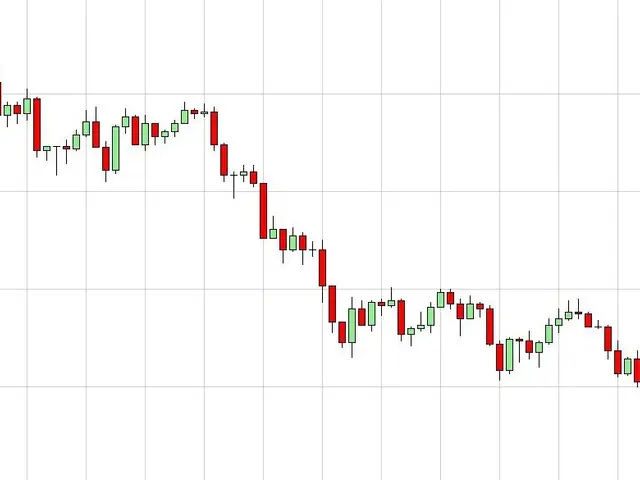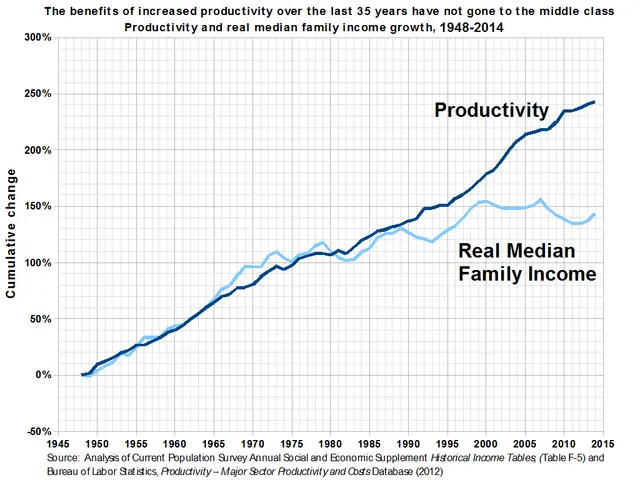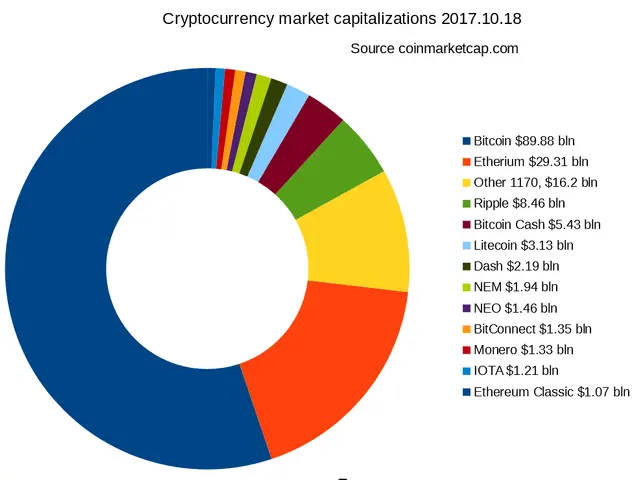The Cityscape and the East: In the Fear Zone of German Politics - Green Party's Felix Banaszak Takes on AfD's Rise in Germany's 'Wild East'
The Alternative for Germany (AfD) party has been gaining traction in both eastern and western regions of Germany, capitalizing on fears of the 'other' and economic anxieties. Meanwhile, Felix Banaszak, co-leader of the Green Party, has been actively engaging with voters in the 'wild East' through an 'East Offensive'.
Banaszak recently published a critique of Friedrich Merz's interpretation of the German term 'Stadtbild', indicating a shift in the Green Party's approach to addressing societal concerns. Banaszak suggests that factors such as migration, deindustrialization, inherited poverty, and social exclusion have contributed to the AfD's popularity in cities like Duisburg.
In Lauchhammer, the AfD is the second-largest faction in the city council, operating under the joint faction name 'AfDplus'. Björn Höcke, the AfD leader in Thuringia, has expressed concerns about growing 'fear spaces', particularly for blonde women in cities like Erfurt. Martin Debes, a columnist, has reported similar incidents involving fascists and criminal groups from migrant families in small-town train stations across Germany. Progressive forces, according to Banaszak, must engage with people's fears emotionally and empathetically, rather than dismissing or demonizing them, to regain support even in the East.
The AfD's popularity, fueled by fears and economic anxieties, has been growing in both eastern and western Germany. Progressive forces, led by figures like Felix Banaszak, are now focusing on understanding and addressing these fears to win back voters. The Green Party's 'East Offensive' and Banaszak's critique of Merz's views indicate a shift in strategy, aiming to engage with voters' concerns more effectively.
Read also:
- India's Agriculture Minister Reviews Sector Progress Amid Heavy Rains, Crop Areas Up
- Cyprus, Kuwait Strengthen Strategic Partnership with Upcoming Ministerial Meeting
- Inspired & Paddy Power Extend Virtual Sports Partnership for UK & Ireland Retail
- South West & South East England: Check & Object to Lorry Operator Licensing Now





